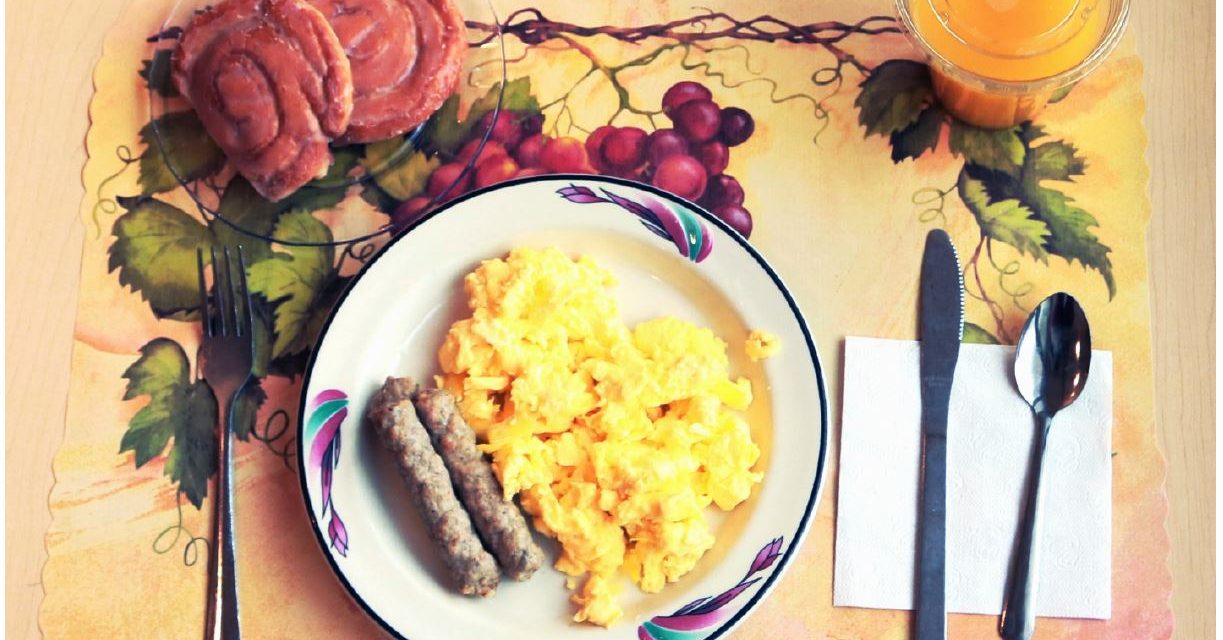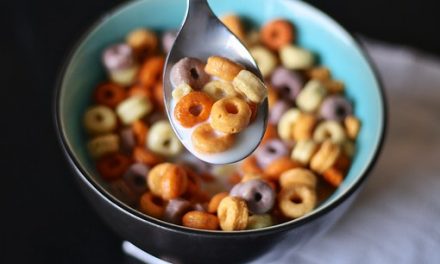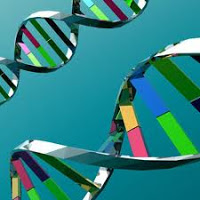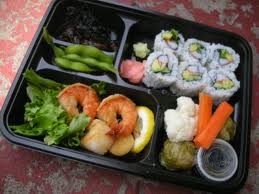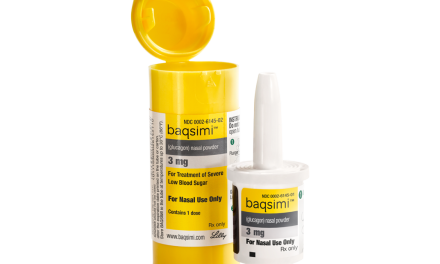(this is an example of a processed food breakfast from the study – see below)
There are definitely some advantages to highly processed food. (Didn’t think I was going to start my blog this way, did you!) They are cheap, have a long shelf life, are often fortified with important nutrients, are convenient…. and yes, they often taste amazing. Layer on the decreased frequency of grocery shopping advised during COVID, food service disruptions in many parts of the world, and a whole host of other COVID-related food production/supply issues, and we can see how highly processed foods have perhaps become more attractive than ever before.
On the con side, highly processed foods are often high in calories, sugar, salt and fat. Some evidence suggests that these foods disrupt the fullness (satiety) messages from our gut bacteria (via intestinal signaling) to our brains, and it has even been theorized that some of these foods have been engineered to give an extra (unwanted) boost to our appetites.
So: Could highly processed foods be contributing to the obesity epidemic (pre COVID-19), and even to weight gain during the coronavirus pandemic?
A study by Kevin Hall and colleagues at the NIH (National Institute of Health) in the US, published in Cell Metabolism, randomized 20 people to receive either ultraprocessed or unprocessed diets for 14 days, and then each person swapped diets for the next 14 days. These diets were matched for presented calories, nutrients, sugar, salt, and fiber. Participants were advised to eat as little or as much as desired. Everyone actually lived at the research institution for the full month, so as to ensure that no other food was being consumed from any other sources. (this makes the research results much more trustworthy and reliable than most dietary research, as blogged previously)
Foods served for the ultraprocessed diet included:
Breakfast: Cheerios, muffins, croissants, processed yogurt, turkey sausage, scrambled egg (prepared from liquid carton), english muffins, tater tots, turkey bacon, orange juice (with fiber supplemented) (see picture above for an example)
Lunch: ravioli, white bread, refried beans, cookies
Dinner: steak, chicken salad sandwich (canned chicken), turkey meatballs, chili with shredded cheese, mashed potatoes, canned vegetables and fruit, low fat chocolate milk, diet drinks , fig newtons
Snacks: chips, Goldfish crackers, applesauce
Foods served for the unprocessed diet included:
Breakfast: Greek yogurt, fresh fruit, scrambled egg (made from fresh eggs), hash browns, oatmeal, quinoa cereal, milk
Lunch: spinach salad, grilled chicken breast, beef roast, salmon, bulgur, baked sweet potato, avocado, fresh veggies and fruit, milk
Dinner: beef roast or stir fry, baked fish, rice pilaf, spaghetti with shrimp, steamed veggies (fresh or frozen), salads, fresh fruit, nuts, basmati rice, hummus, couscous
Snacks: fruit and nuts
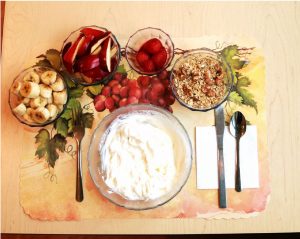
(this is an example of an unprocessed breakfast)
They found that on the ultraprocessed diet, people ate an average of 508 calories more per day, with more carb consumption in particular, compared to the unprocessed diet. Participants gained 2 pounds over 14 days on the ultraprocessed diet, and lost 2 pounds over 14 days on the unprocessed diet.
BOTTOM LINE: Although this study is short and small, it suggests that eating ultraprocessed food results in increased calorie consumption and weight gain. While we are still learning about the impact of the COVID pandemic on household dietary patterns, it is likely that many are eating more highly processed foods, and that this could be one of the many contributors to weight gain during COVID-19 (much more on this topic in previous blog posts, including here).
Follow me on twitter! @drsuepedersen
www.drsue.ca © 2021

